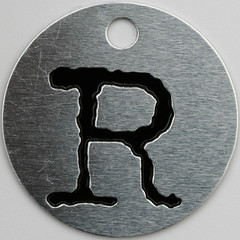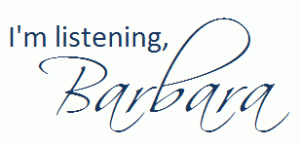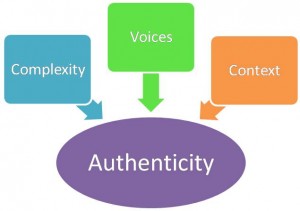 One of my former students at Georgia Southern University found out recently that the job interview she secured also involves a writing test. She asked for some advice on how to best prepare. So . . . here we go.
One of my former students at Georgia Southern University found out recently that the job interview she secured also involves a writing test. She asked for some advice on how to best prepare. So . . . here we go.
- Read several of the company’s recent news releases to get a feel for the company’s style.
- Re-read Strunk’s The Elements of Style
. Though it was written long before most recent grads’ grandparents were born, its principles of simplicity and clarity still ring true.
- Register for one (or more) of Poynter’s News University courses, such as Cleaning Your Copy or The Lead Lab.
- Review your The Associated Press Stylebook 2009
, and use Post-It flags to mark sections that are problematic to you. Maybe even take some of the online AP style quizzes.
- Refresh yourself on common editing marks. You may also be asked to edit a story someone else wrote.
What additional suggestions would you recommend?
(Many thanks to John Kraft and Sherry Carr Smith for their suggestions.)






